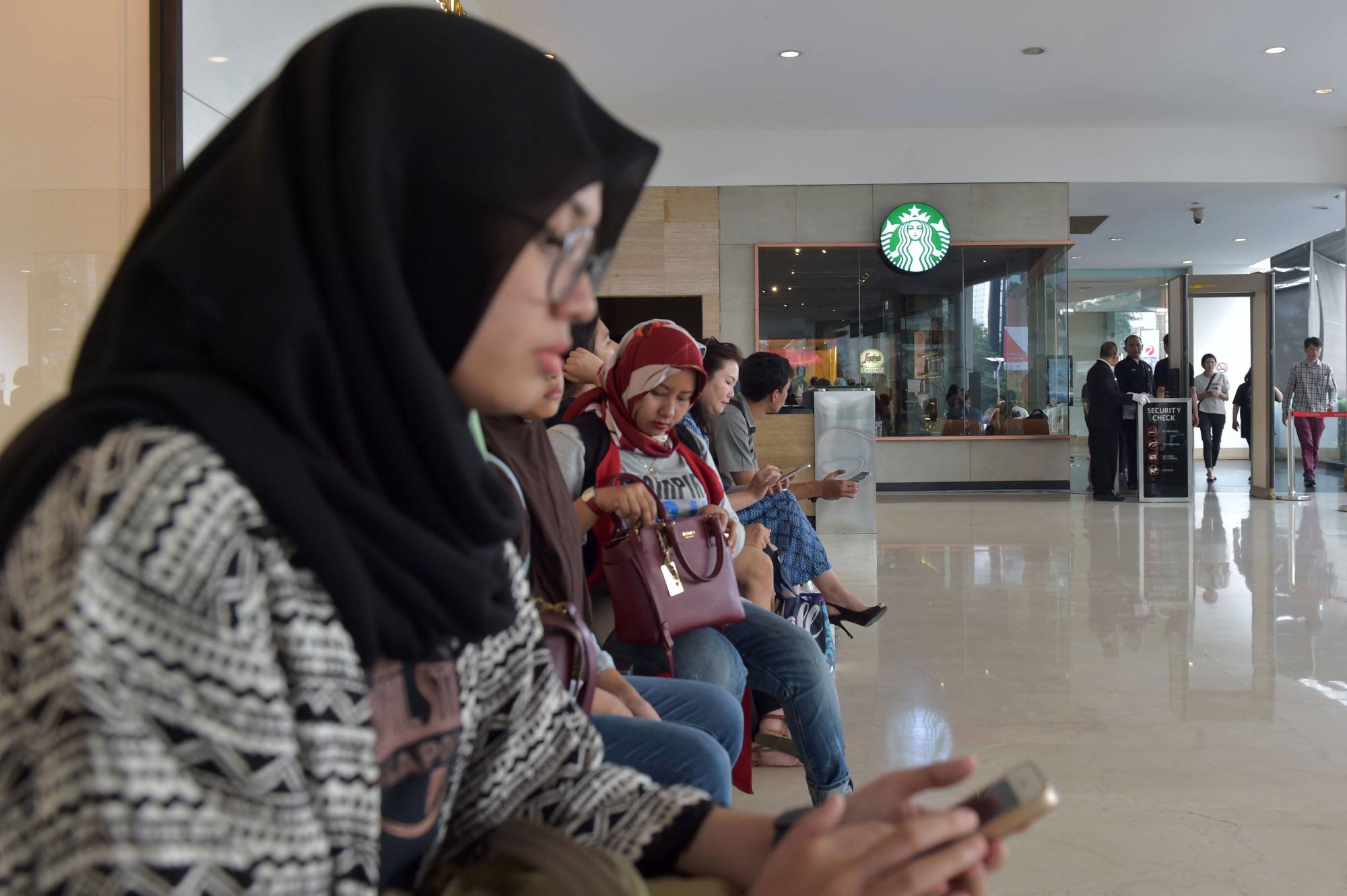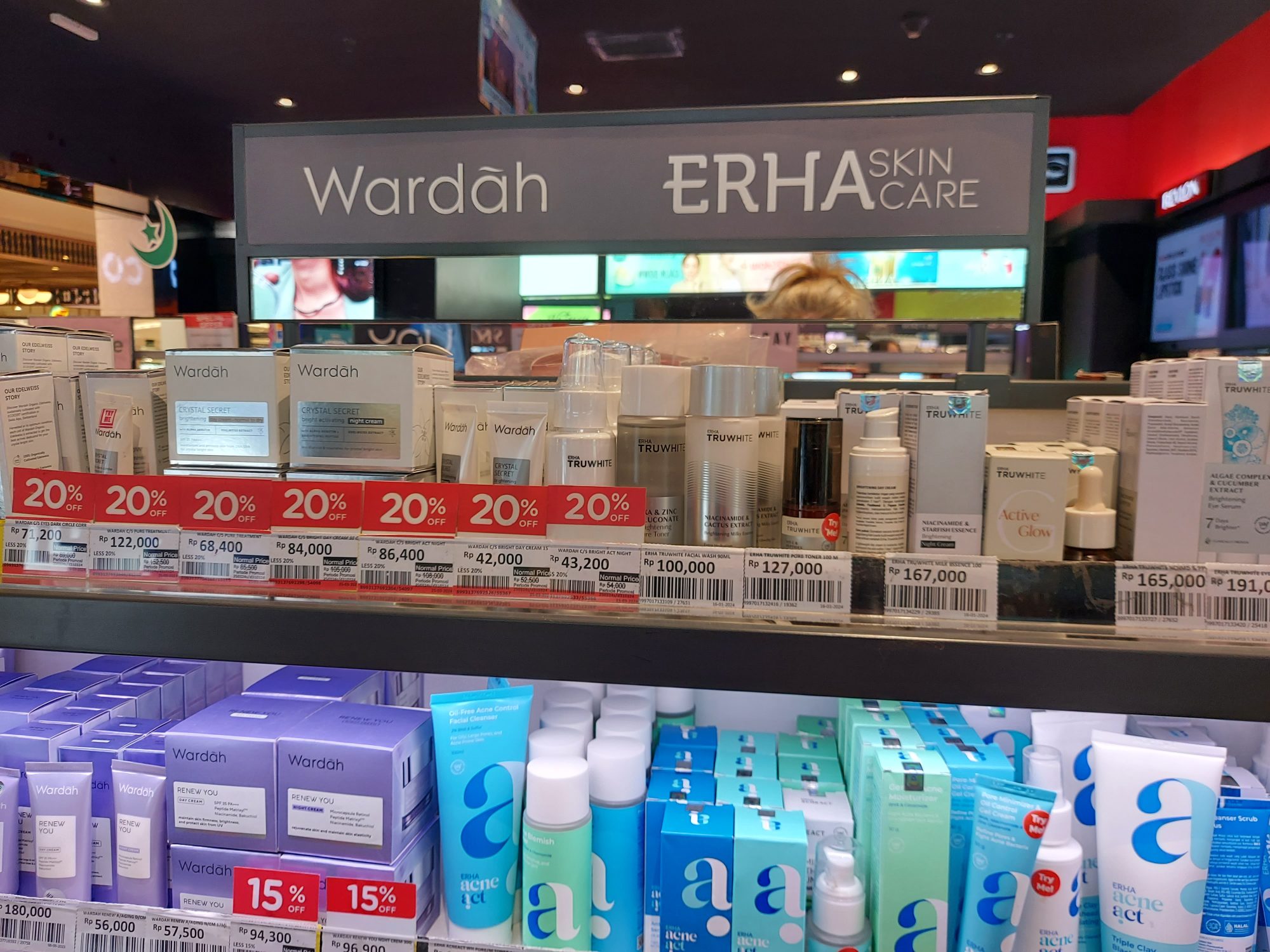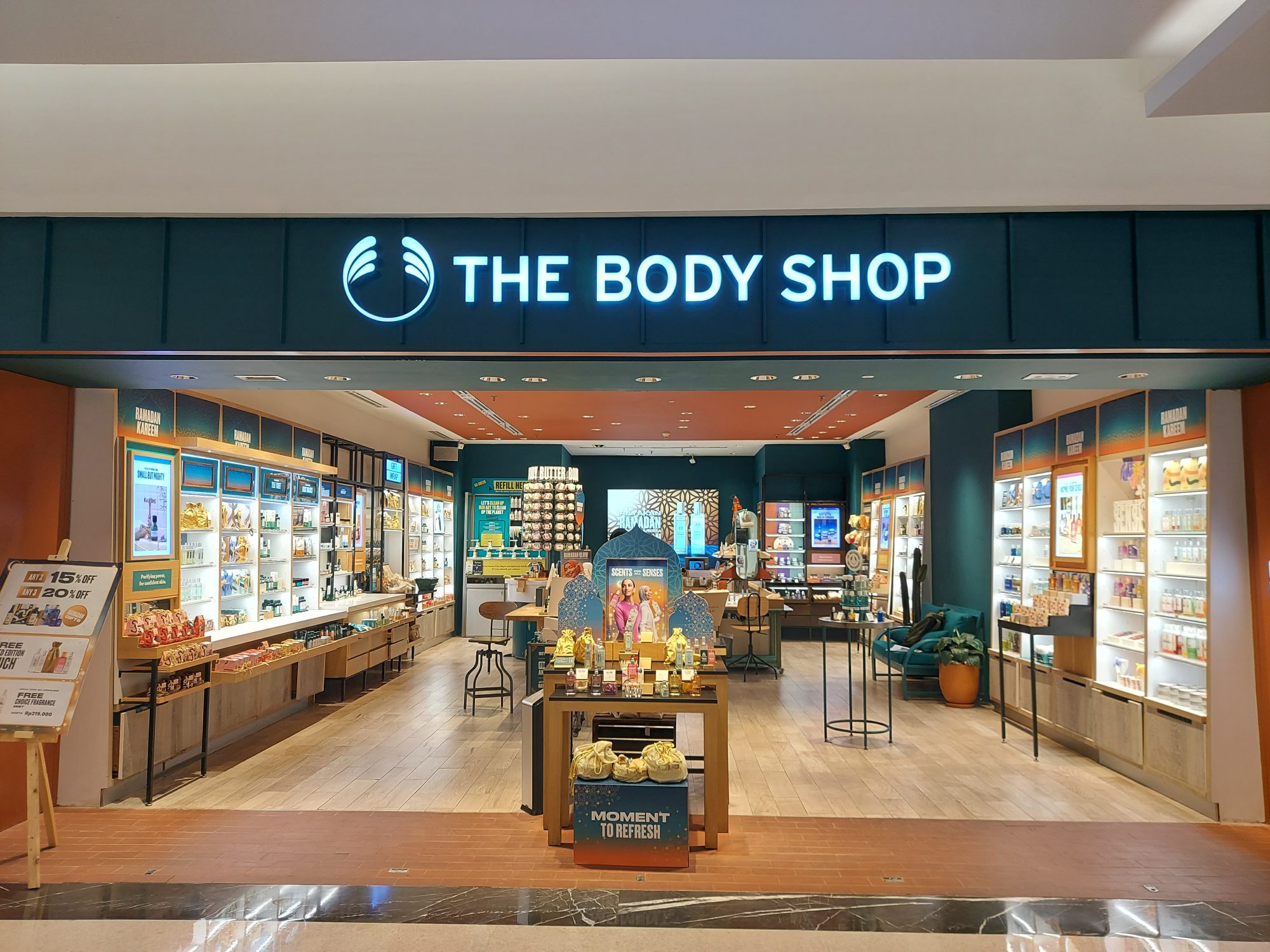“Since the Israel-Gaza war peaked at the end of last year, the boycotts have been quite massive in scale compared to previous boycotts of Western products,” said Ega Kurnia Yazid, an economist and subsidy policy specialist at Indonesia’s National Team for the Acceleration of Poverty Reduction.

At the beginning of the war, Malaysian consumers rallied behind a call made by the local arm of the global boycott, divestment and sanction movement to spurn brands seen to have links with Israel, causing many of those companies to incur financial losses.
McDonald’s became a target of the boycott movement after social media videos went viral showing the fast-food chain’s branches in Israel donating free food to Israeli armed forces in the wake of Hamas’ October 7 attack.

Berjaya Food has attributed its lower earning to the “ongoing boycott”.
McDonald’s in February said international sales rose 0.7 per cent during the fourth quarter of last year, significantly lower than the 16.5 per cent rise that was recorded a year earlier.
“The most pronounced impact that we’re seeing is in the Middle East and in Muslim countries like Indonesia and Malaysia,” McDonald’s CEO Chris Kempczinski said.
Indonesia’s divided Muslims unite around a common cause: the Israel-Gaza war
Indonesia’s divided Muslims unite around a common cause: the Israel-Gaza war
While the boycotts weighed on the companies’ share prices and financial reports, they “did not have much impact on the aggregate economy in Indonesia” that grew by 5.04 per cent last year, Yazid said.
“This is an indication that consumers are making substitutions for the Israeli-American affiliated products.”
Retail products such as food and drinks are typically the main targets for boycotts because they are the most visible and easily spurned, Yazid said.
“Fashion products have also seen a similar trend. Mitra Adiperkasa [an Indonesian conglomerate with a department store chain and food and drink outlets] also experienced lower share prices and net profit in 2023,” he said.

Back in Medan, Phany said beauty brands La Roche Posay and Cerave, both of which are based in New York, have been most affected. The brands are owned by beauty giant L’Oreal, which has a commercial presence in Israel and has partnered with Israeli companies.
Phany has also noticed weaker sales of Vaseline products – owned by Unilever, which has also been targeted for its alleged links to Israel – and said customers have been pivoting to other brands such as China-made Skintific and local brand Wardah amid the boycotts.
Hera, a sales assistant at The Body Shop in Medan, reported a similar experience as Phany.
“Customers have asked us why people are telling them to avoid The Body Shop. Some people have asked me if it is true that The Body Shop is pro-Israel. We tell them it is not true and that [The Body Shop] does not support the conflict in Palestine in any way.”

The Body Shop – established in Britain in 1976 – belonged to beauty conglomerate L’Oreal before the company sold it to Brazilian Natura & Co in 2017. Natura & Co in November last year sold The Body Shop to German private equity firm Aurelius.
The Body Shop Indonesia, which is led by activist and businesswoman Suzy Hutomo, says it has donated 1 billion rupiah (US$62,000) to Gaza relief efforts.
Sales assistant Hera confirmed that The Body Shop continued to collect donations for Gaza relief efforts and said she hoped this would alleviate customers’ concerns.
“Hopefully it will all be OK,” she said.
